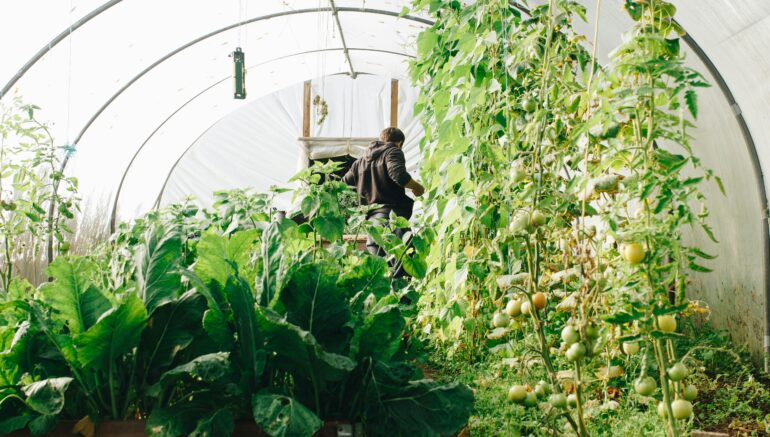
January 26, 2025
The Future of Sustainable Agriculture: Key Trends and Innovations Shaping the Industry
As the world continues to evolve, sustainable agriculture has become a key focus for both businesses and consumers. The demand for environmentally friendly farming practices and innovative solutions is growing, and the future of agriculture depends on how well we adapt to these changing needs. In this blog post, we will explore the latest trends and innovations shaping the future of sustainable agriculture and how they can benefit both the industry and the planet.
Key Trends in Sustainable Agriculture:
1. Precision Farming:
Precision farming uses technology to ensure that crops receive exactly what they need for optimal growth. By using sensors, GPS, and data analytics, farmers can reduce waste, improve yields, and minimize environmental impact. It’s an exciting trend that’s revolutionizing the way we approach farming.
2. Soil Health Restoration:
Healthy soil is the foundation of sustainable farming. Today, more farmers are turning to practices like crop rotation, cover cropping, and organic fertilizers to restore soil health. These methods increase soil fertility and reduce the need for harmful chemical inputs.
3. Water Conservation Techniques:
Water is a critical resource for agriculture. With the rise of water scarcity in many regions, farmers are adopting advanced irrigation systems that optimize water use. Technologies like drip irrigation and rainwater harvesting are helping conserve this precious resource.
4. Agroforestry and Biodiversity:
Integrating trees into agricultural systems helps maintain biodiversity, improve soil quality, and protect against climate change. Agroforestry is gaining popularity as it enhances the resilience of farming systems while supporting ecological balance.
Innovations Shaping the Future:
1. Vertical Farming
Vertical farming offers a solution for producing food in urban environments where space is limited. By growing crops in stacked layers, vertical farming can produce more food with less land and water. This innovation is particularly useful in cities where land is scarce, providing fresh produce year-round.
2. Artificial Intelligence (AI) in Agriculture
AI is being used to monitor crops, predict weather patterns, and optimize farming practices. By analyzing vast amounts of data, AI can help farmers make better decisions, reduce waste, and improve crop yields.
3. Biotechnology and Genetic Engineering
Biotechnology is paving the way for genetically modified crops that are more resistant to pests, diseases, and extreme weather conditions. These innovations can lead to higher yields and reduced reliance on harmful pesticides, benefiting both farmers and consumers.
Sustainable agriculture is not just about protecting the environment, it’s about ensuring long-term food security and economic viability. By adopting sustainable practices, farmers can reduce costs, improve efficiency, and create a more resilient farming system. Moreover, consumers benefit from healthier food options and contribute to a greener planet.
As we move toward the future, sustainable agriculture will play a crucial role in feeding a growing global population while minimizing our environmental footprint. Embracing these trends and innovations is essential for creating a more sustainable and prosperous agricultural industry.





